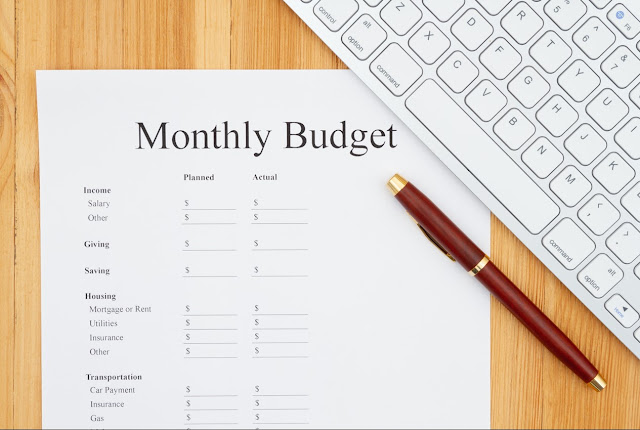A mortgage loan refinance calculator is an essential tool for any homeowner looking to refinance their home loan. It allows you to input your current mortgage details and compare them with potential new loans, helping you make an informed decision about whether refinancing is right for you.
But aside from the obvious benefit of calculating your potential savings, there are a few other benefits of using a mortgage loan refinance calculator that you may not have considered.
Assess Your Financial Situation
When using a mortgage loan refinance calculator, you'll need to input details such as your current interest rate, remaining balance on your mortgage, and any closing costs associated with refinancing. This exercise forces you to take a closer look at your current financial situation and understand the terms of your existing loan.
By having a clear understanding of your finances, you can make more informed decisions about whether refinancing is the right choice for you. You may even uncover opportunities to improve your financial health, such as paying off high-interest debt with the money saved from refinancing.
Explore Different Loan Options
One of the main benefits of using a mortgage loan refinance calculator is that it allows you to compare different loan options side by side. This can help you understand the potential savings, interest rates, and monthly payments associated with each option.
By exploring different loan options, you may discover that there are better deals available than what you currently have. You can also use this information to negotiate with your current lender for a better rate or terms.
Save Time and Effort
Before the invention of mortgage loan refinance calculators, homeowners had to manually calculate their potential savings by hand.
This process was not only time-consuming but also prone to errors. With a calculator, you can get an accurate estimate of your savings in just a few minutes.
This saves you the hassle of contacting multiple lenders and going through a lengthy application process to determine your potential savings. You can quickly compare different loan options from the comfort of your own home, without having to speak with a single lender.
This saves you the hassle of contacting multiple lenders and going through a lengthy application process to determine your potential savings. You can quickly compare different loan options from the comfort of your own home, without having to speak with a single lender.
Consider Long-Term Savings
When refinancing a mortgage, many homeowners focus on immediate savings in their monthly payments. However, using a mortgage loan refinance calculator allows you to consider long-term savings as well. This includes potential savings in interest over the life of the loan.
By inputting different loan options into the calculator, you can see how much you could potentially save over the next 10, 20, or even 30 years. This can help you make a more informed decision about whether refinancing is worth it in the long run.
Plan for Future Expenses
Life is unpredictable, and unexpected expenses can often arise. By using a mortgage loan refinance calculator, you can see how different loan options would affect your monthly budget. This allows you to plan for future expenses and ensure that you can comfortably afford your mortgage payment even if unforeseen circumstances arise.
You may also discover that refinancing can provide you with extra cash each month, which can be put towards building an emergency fund or saving for other financial goals.
Take Advantage of Low Interest Rates
Interest rates are constantly fluctuating, and they have a significant impact on your mortgage payments. By using a mortgage loan refinance calculator, you can see how different interest rates would affect your monthly payment and potential savings.
This is especially useful when interest rates are low, as you can see how much you could save by refinancing at a lower rate. It also allows you to lock in a lower rate before they potentially rise again.
Make Informed Financial Decisions
Ultimately, using a mortgage loan refinance calculator allows you to make informed financial decisions. By having all the necessary information at your fingertips, you can weigh the pros and cons of refinancing and determine if it is the right choice for you.
You can also use this knowledge to negotiate with lenders and ensure that you are getting the best deal possible.
This level of understanding and control over your finances can provide peace of mind and put you on a path towards financial stability and success.
Final Thoughts
A mortgage loan refinance calculator is not just a tool for calculating potential savings. It offers numerous benefits that can help you make informed decisions about your mortgage and overall financial health.
If you are considering refinancing your home loan, use a calculator to fully understand the potential impact on your finances.













